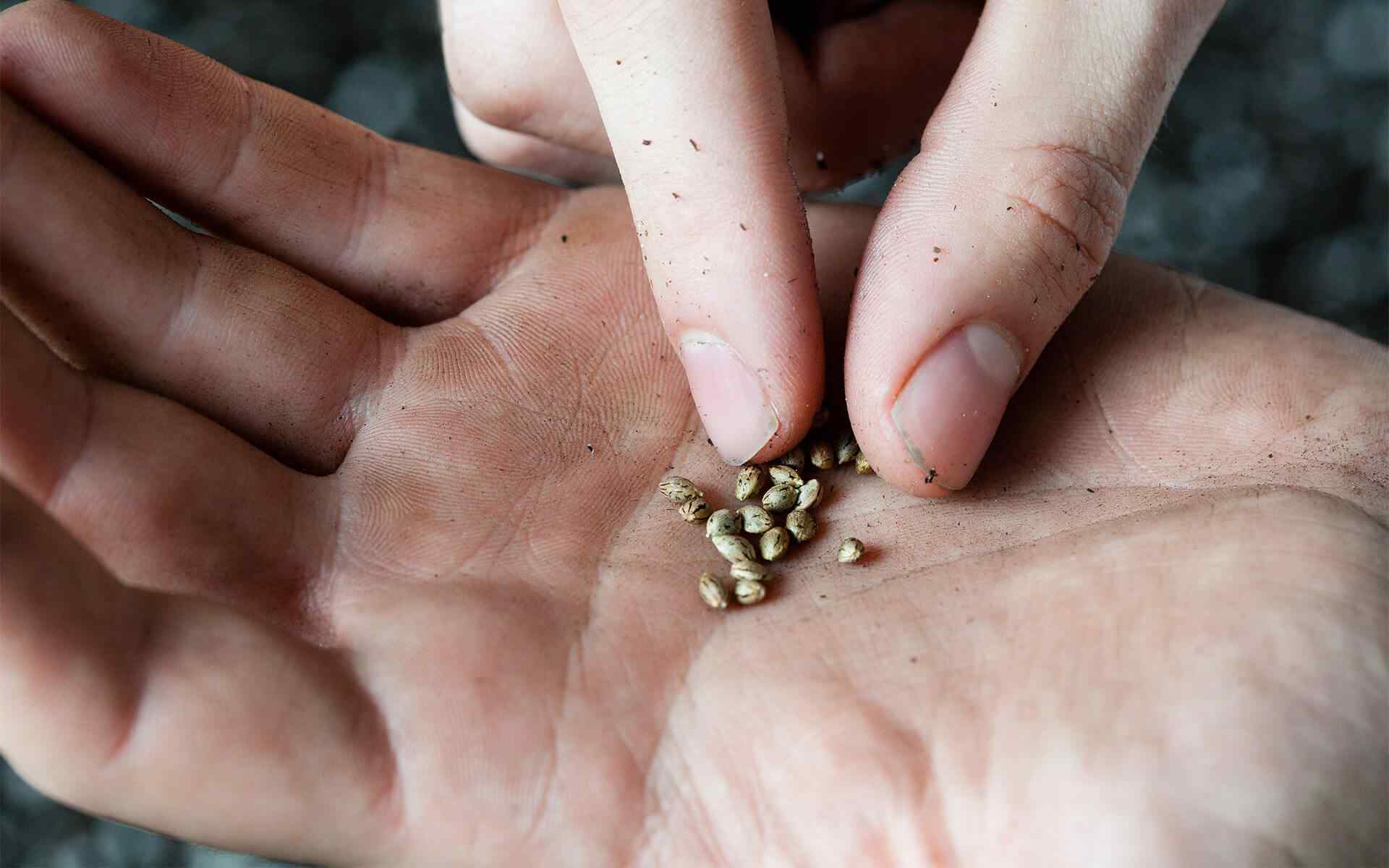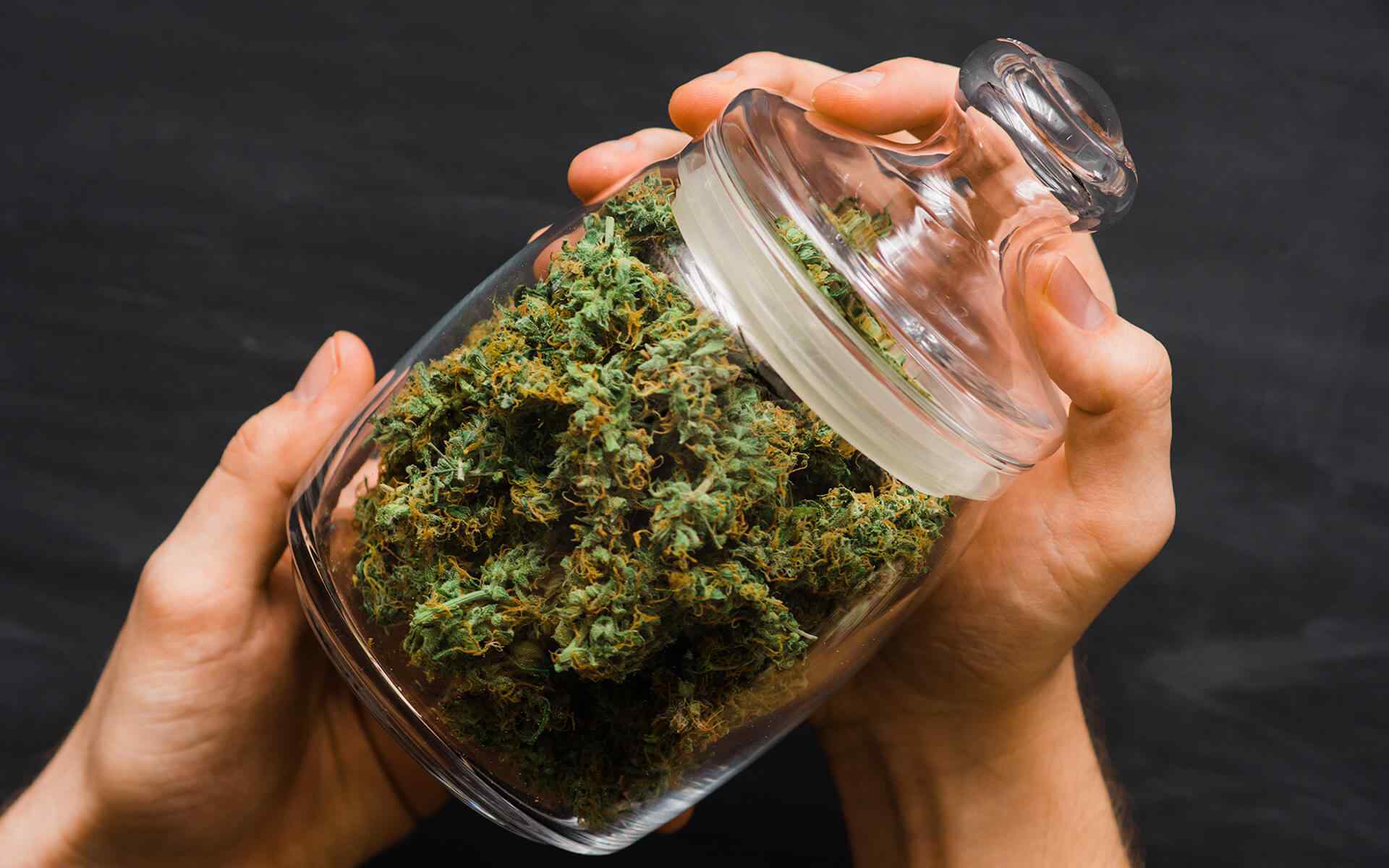Licensing Requirements and Eligibility
For Cannabis Seed License:
- Legal age is required.
- A residence or office in Thailand is necessary.
- Applicants must not be legally declared incompetent or quasi-incompetent.
- The business name must be unique.
- No suspension or revocation of a license within the last two years.
- An appropriate location for business operations with necessary tools and equipment is required.
For Legal Entities:
- The entity must be registered under Thai law.
- Authorized signatories (directors) must be Thai nationals, aged at least 20 years old.
- For limited companies, Thai shareholders must hold at least 51% of shares. For other entities, at least two-thirds of the partners must be Thai nationals.
- The entity must have a physical office in Thailand.
For Cannabis Businesses (Foreigners):
- A visa and work permit are needed to enter Thailand.
- A Thai company must be registered, with two-thirds of the capital held by Thai nationals and two-thirds of the management being Thai.
- At least 51% of the shares must be held by Thai nationals
Application Procedures for Cannabis Activities
Importing Cannabis Seeds
- Obtain an Import License: Secure a license to import controlled seeds.
- Seller Agreement: Agree with the seller on the correct preparation of goods and documents.
- Legal Compliance: Adhere to customs laws and provide evidence of THC percentages.
- Phytosanitary Certificate: This is mandatory under plant quarantine laws. Additionally, a certificate confirming the plant is not genetically modified is required.
- Application Submission: Applications for import licenses are typically submitted to the Thai Food and Drug Administration (FDA).
- Timeline: The timeline for processing import licenses can vary, but applicants should prepare for several weeks to a few months for complete processing, including legal compliance and obtaining necessary certificates.
Commercial Cannabis Activities
- Gather Necessary Documents: For legal entities, prepare registration certificates, affidavits, location maps, and identification documents. For grantors and attorneys, ID, house registration, Power of Attorney, and name change documents are needed.
- Application Submission: Applications can be submitted to the Provincial Ministry of Public Health’s Department of Traditional Thai Medicine or directly to the Thai FDA, depending on the nature of the cannabis activity.
- Timeline: The review and approval process can vary. For applications submitted to the FDA, it may take approximately 2-3 months. For those submitted to provincial health offices, the process might take around 4-5 months, as it includes product and site checks.
FDA License for Cannabis Distribution
- Create a Company in Thailand: This is a prerequisite for foreign applicants. A company must have two-thirds of the capital and management as Thai nationals, and 51% of shares must be held by Thai nationals.
- Work Permit and Business Visa: Required for foreign nationals wishing to work in Thailand.
- Apply for FDA License: Submit an application to the Thai FDA, which includes identification of applicants, ownership documents of the cultivation site, a map indicating the location, growing conditions, and security management measures.
- Review by Provincial Committee: The application is reviewed by a provincial committee and the governor, and then forwarded to the Thai FDA office.
- Timeline: The review process generally takes about 2-3 months for applications submitted to the FDA office and 4-5 months for those submitted to the provincial health office.
Maintaining Compliance
- Regular Renewals: Licenses require regular renewals, usually annually, which include updated documentation and potential re-inspections.
- Ongoing Monitoring: Stay informed about changes in regulations and ensure ongoing compliance with Thai FDA standards.
Current Legislation and Future Expectations
- The Cannabis Act outlines the parameters for legal cultivation, production, distribution, and possession of cannabis products, including types of products allowed, qualifications for stakeholders, and penalties for violations.
- Amendments to the Narcotics Act accommodate the shifting stance on cannabis, especially concerning medical and research applications.
- As of 2022, specific parts of cannabis and extracts with cannabidiol (CBD) containing THC not exceeding 0.2% were delisted from category 5 of the Narcotics Act.
It’s important for interested parties to stay informed about the dynamic regulatory landscape and consult with legal experts in the field for up-to-date information and guidance.




